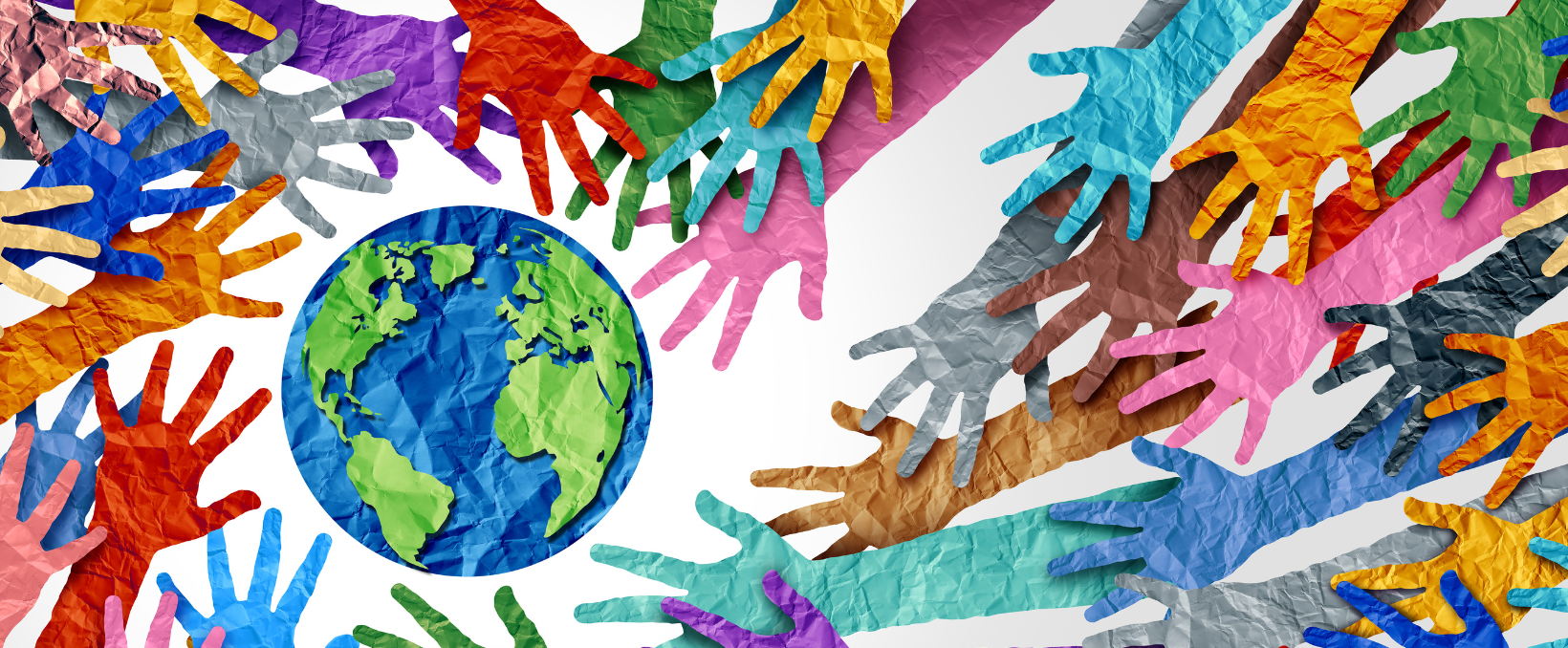Brand new positions, high turnover, and employee dissatisfaction
In the summer of 2023, the viral sensation Girl Dinner took TikTok and other social platforms by storm. The juxtaposition of celebrating the weird, unhealthy, or completely unrelated-to-food foods that made up Girl Dinner contrasted with diet fads like Keto (meat with a side of butter, please?). This brought a unified sigh of relief from anyone who had ever felt food guilt– is it finally over? Can we have our cake and eat it too? But unfortunately, much like Brussels sprouts or craft beer, all trends have their time in the spotlight before fading into a forgotten obsession.

Workplaces similarly experience trends, but often the goals are not forgotten, they lose relevance. Think of 2020 and your pre-pandemic versus post-pandemic workplace. Your organization certainly experienced changes – the adoption of a new communication platform like Slack, or maybe goals for “skilling up” that suddenly became less important to the conversation. But in 2020, the pandemic wasn’t the only pivot point. Many organizations brought diversity, equity, and inclusion (DEI) to the forefront of the conversation.
Sparked by the murder of George Floyd in May of 2020, racial bias and social injustice became the center of these new DEI initiatives which gained more traction on the organizational level than ever before. Organizations released public statements, made changes to hiring policies, and began building a safer and more inclusive environment for their staff. Now, four years later, we have developed enough data to prove the positive impact of DEI on the workforce, but there’s another problem our organizations are facing from these initiatives and that’s diversity fatigue.
New positions flooded the workforce in 2020 with titles like Chief Diversity Officer (CDO), but the expectation for the CDO to completely change the culture of the organization within several years was a tall order. According to a report from Russel Reynolds, nearly 50% of CDO roles were brand new for their organization beginning in 2021, and the average tenure for that position was 1.8 years. In addition, nearly half of the employees surveyed in The State of Diversity, Equity, and Inclusion Report: DEI Throughout the Employee Lifecycle indicated that their required diversity training felt like a check box in meeting their organization’s diversity goals. Brand new positions, high turnover, and employee dissatisfaction.
Where did we go wrong?
The decision to adopt DEI for many was a reaction as opposed to a strategic initiative. Too large of milestones, not enough top-down support, and underfunding. This is an oversimplified answer, but at the core, DEI for many staff is beginning to feel like a trend due to organizational diversity fatigue. DEI is a long game, and organizations have now spent years talking about DEI, developing DEI committees, and creating DEI positions, yet the end goal is nowhere in sight.
So how do you:
- Make sure your employees know there’s continued commitment to DEI efforts
- Continue to meet strategic DEI planning goals
- Express the importance of DEI through actions and commitments
First, celebrate your milestones. This is hard work, but also extremely rewarding work. Re-ignite the passion that first launched these goals by celebrating successes with all of your staff.
Second, if you aren’t meeting your DEI goals timeline then scrap it. Seriously. Nothing is more deflating than looking at a bunch of missed deadlines. Reflect on your journey thus far and create smaller, more tangible milestones that relieve pressure for your leadership team and ultimately will be more successful.
Finally, keep DEI in the conversation. The culture of your workplace is arguably the key to staff retention, client content, and successful operations. Commit to maintaining funding and commit to creating an equitable workplace in conversations with your stakeholders. When an entry-level employee is asked, “Is your leadership committed to DEI?” you want the answer to be unequivocally, “Yes.” It’s top-down, it’s long-game, and it’s worth it.
